
导航系统 英语,Introduction to Navigation Systems
时间:2024-11-27 来源:网络 人气:
Introduction to Navigation Systems
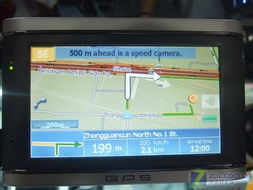
Navigation systems have become an integral part of our daily lives, providing us with the ability to navigate through unfamiliar territories with ease. From GPS devices in our cars to smartphones in our pockets, these systems have revolutionized the way we travel and explore the world. In this article, we will delve into the basics of navigation systems, their evolution, and their impact on modern society.
Understanding Navigation Systems
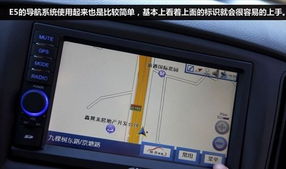
At its core, a navigation system is a tool designed to guide a user from one point to another. It typically involves a combination of hardware and software to provide accurate and real-time information. The most common type of navigation system is the Global Positioning System (GPS), which uses a network of satellites to determine the user's location on Earth.
Evolution of Navigation Systems

The history of navigation systems dates back to ancient times when people used simple tools like the sun, stars, and landmarks to find their way. Over the centuries, advancements in technology have led to the development of more sophisticated navigation systems. The invention of the compass in the 12th century marked a significant milestone, allowing sailors to navigate more accurately. In the 20th century, the advent of radar and sonar further enhanced navigation capabilities. However, it was the launch of the first GPS satellite in 1978 that truly transformed the field.
How GPS Works

The Global Positioning System (GPS) consists of a network of satellites orbiting the Earth. These satellites continuously transmit signals that are received by GPS receivers on the ground. By measuring the time it takes for the signals to reach the receiver, the GPS device can calculate the user's precise location. This information is then used to provide directions and navigate to the desired destination.
Applications of Navigation Systems
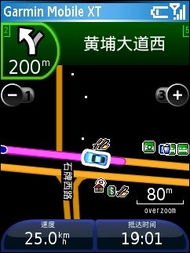
Navigation systems have a wide range of applications across various industries. In the automotive sector, GPS devices are installed in vehicles to provide drivers with real-time traffic updates, route optimization, and turn-by-turn directions. In the maritime industry, GPS is used for ship navigation, ensuring safe and efficient travel across the oceans. Additionally, GPS is utilized in aviation, agriculture, and even in outdoor activities like hiking and cycling.
The Future of Navigation Systems
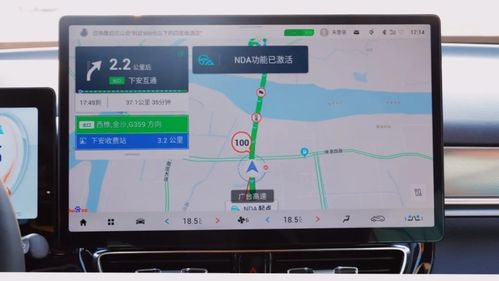
As technology continues to advance, the future of navigation systems looks promising. Emerging technologies such as augmented reality (AR) and autonomous vehicles are expected to further enhance navigation capabilities. AR can overlay digital information onto the real world, providing users with a more immersive navigation experience. Autonomous vehicles, on the other hand, will rely heavily on advanced navigation systems to navigate safely and efficiently without human intervention.
Conclusion
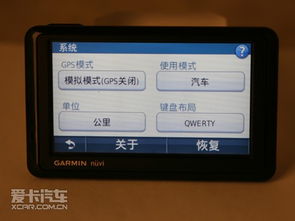
Navigation systems have come a long way since the days of ancient navigation tools. With the advent of GPS and other advanced technologies, we now have access to accurate and real-time navigation information at our fingertips. As we continue to explore and navigate the world, these systems will undoubtedly play a crucial role in shaping our future travels and adventures.
Tags: NavigationSystems GPS Technology GPSApplications FutureOfNavigation
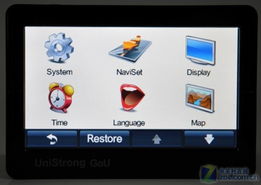
相关推荐
教程资讯
教程资讯排行











